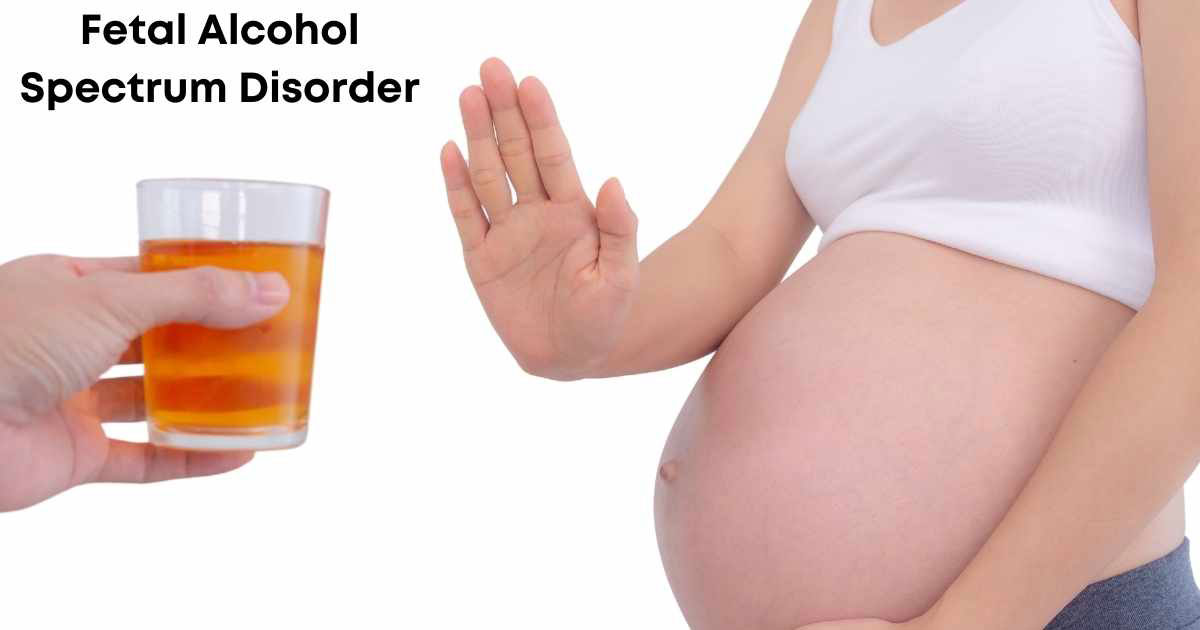
Fetal Alcohol Spectrum Disorder (FASD) is a group of physical, mental, and social conditions in a child that result from alcohol exposure during a mother’s pregnancy.
FASD happens when alcohol passes to the child through the placenta. Since the baby cannot process alcohol, it stays longer in the body. It may damage their brain and body, hindering normal development in the womb.
Alcohol intake may cause the child to be born with disabilities relating to:
- Behavior
- Thinking
- Learning
- Physical Development
Types of Fetal Alcohol Spectrum Disorder
The word spectrum is used to refer to the range of physical, cognitive, and behavioral disorders caused by prenatal alcohol exposure. They include:
Fetal Alcohol Syndrome (FAS) – Most severe type. It may include facial abnormalities as well as the death of infants. The infants may experience slow growth and Central Nervous System (CNS) problems.
Partial Fetal Alcohol Syndrome (pFAS) – Refers to children who are born with only 2 aspects of the syndrome; slow growth and Central Nervous Problems.
Alcohol-Related Neurodevelopmental Disorder (ARND) – Children may have learning and behaviour problems, They may include attention problems and impulse control or judgment. They may also perform poorly in school.
Alcohol-Related Birth Defects (ARBD) – This may include defects in the heart, kidneys, hearing, vision, and bones.
Fetal Alcohol Spectrum Disorder symptoms
Symptoms and severity may vary from one child to another.
These affect how a child grows. They include:
- Abnormal facial profile with a smooth nasal ridge, thin upper lip, and small eyes.
- Slow growth and Low birth weight
- Sleep and sucking problems in infancy
- Alcohol withdrawal symptoms at birth such as seizures, jitteriness, and high-pitched cries.
- Intellectual Disability
- Delayed speech and language development
- Learning disability
Fetal Alcohol Spectrum Disorder Treatment
There is no treatment for FASD however, early Intervention can help manage symptoms and improve a child’s development. Early Intervention helps children from birth to 36 months to learn important skills.
Intervention includes therapy like physiotherapy, behavioural therapy, and more.
If you’re looking for physiotherapy in Nairobi, consider some of these places here.
There are no safe amounts of alcohol that can be taken during pregnancy. Additionally, no time during pregnancy is considered safe to consume alcohol.
It is important to note that Fetal Alcohol Spectrum disorder is not curable but early diagnosis can help manage symptoms.

